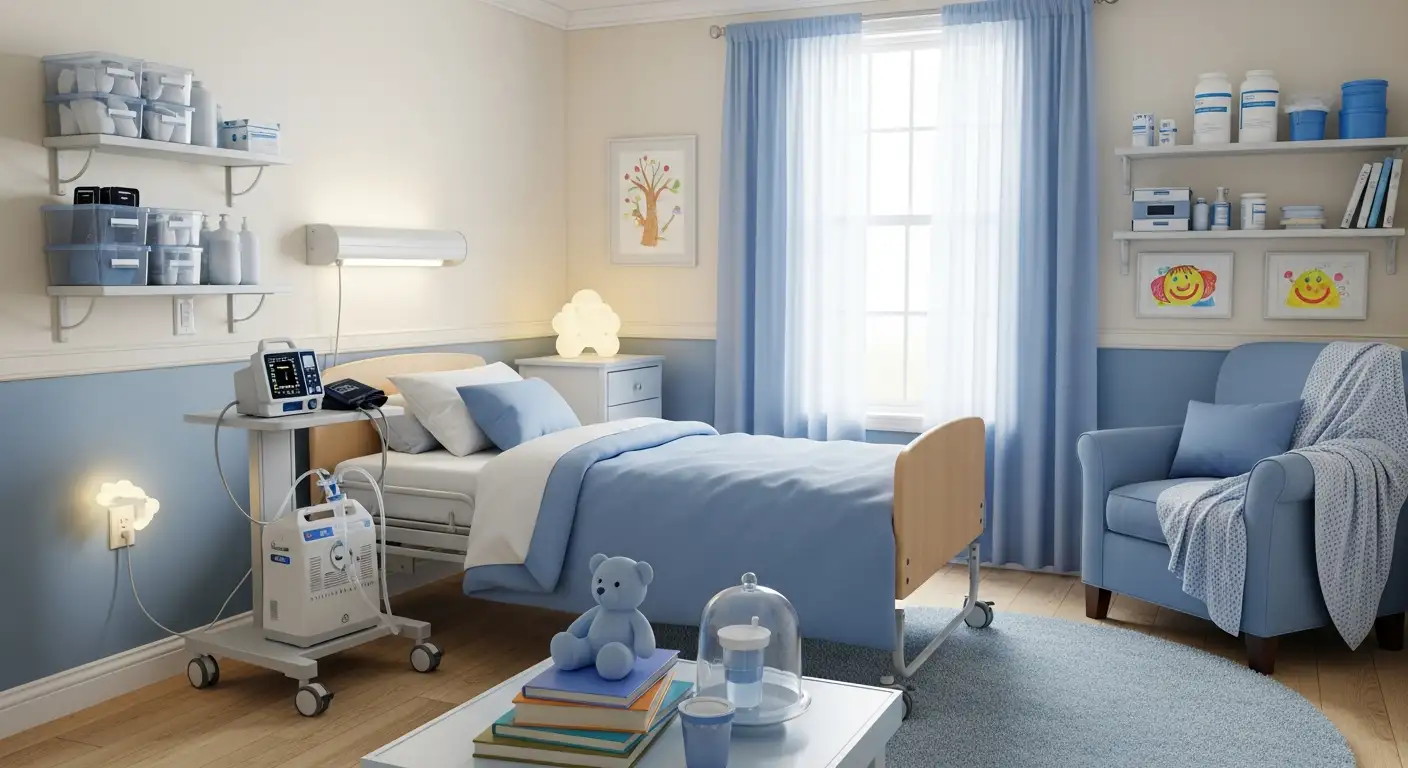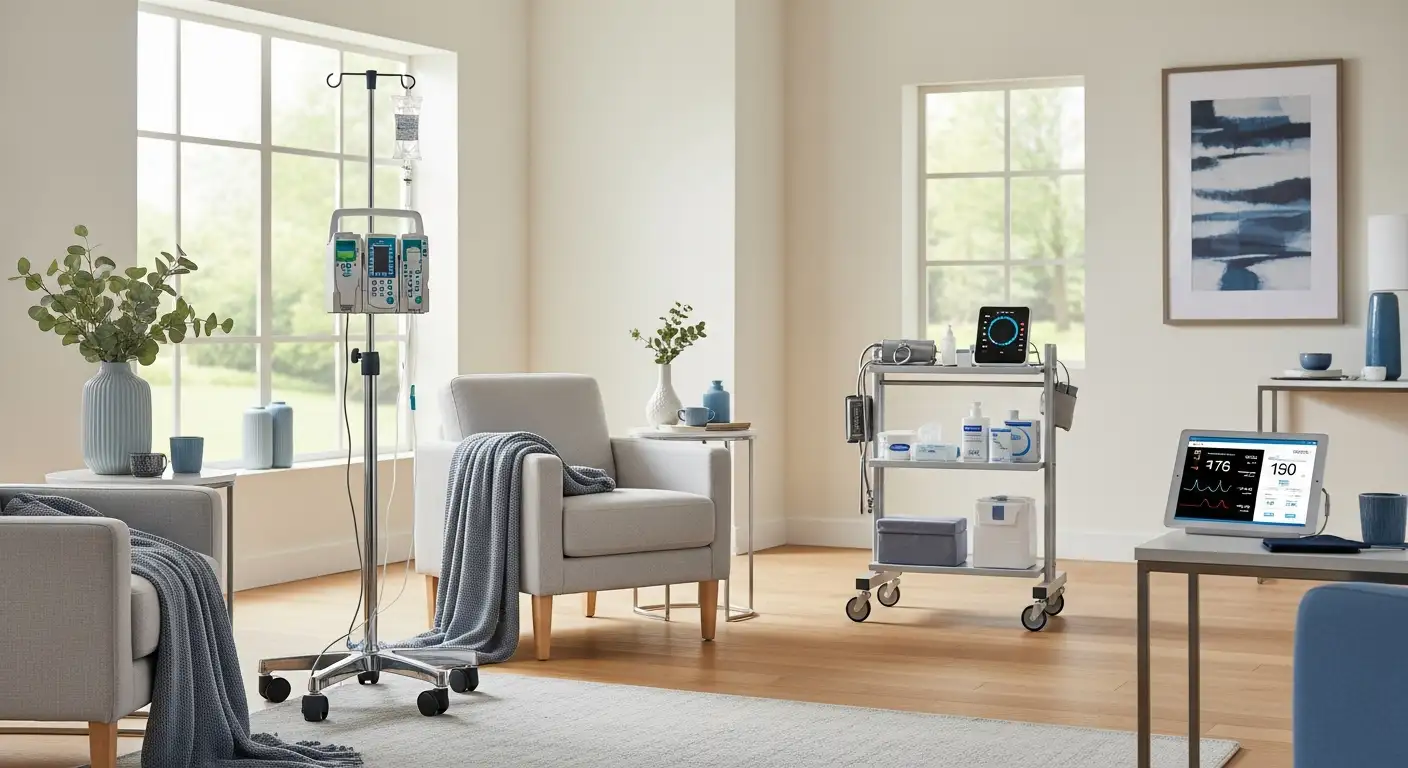Understanding the Impact of Pediatric Home Care
Pediatric home care plays a vital role in supporting children with special needs by providing personalized, compassionate services within the comfort of their own homes. This approach fosters not just medical stability but also emotional resilience, development, and family well-being. By tailoring care plans to individual needs and involving families actively in the caregiving process, home-based care ensures children receive the support necessary to thrive across all aspects of their lives.
Personalized and Family-Centered Care in a Familiar Environment

Why is pediatric care important for children's growth and development?
Pediatric care plays a vital role in supporting children’s healthy growth and overall development. It provides comprehensive medical and therapeutic services tailored to each child's unique needs, from infancy through adolescence. Regular check-ups, vaccinations, and early intervention for developmental delays or health issues help promote long-term wellness.
In a home setting, pediatric care becomes even more effective as it allows providers to customize treatments that fit the child's routines and environment. This personal approach encourages better cooperation from children and facilitates progress in therapies such as speech, physical, and occupational therapy.
Family involvement is essential in pediatric home care. Care plans are developed in partnership with families, ensuring that caregivers are trained and empowered to support their child's health and developmental goals. By engaging families in care execution, children receive consistent support that aligns with their daily lives.
Continuity of care is another critical factor. Transitioning seamlessly from hospital to home reduces stress for children and helps maintain progress. Home health providers monitor children closely, adjusting care plans as needed, and fostering a trusting relationship that improves outcomes.
In summary, personalized, family-centered pediatric home care creates a safe, familiar environment. It promotes stronger bonds, reduces stress, and ensures that children with special needs receive high-quality, ongoing support that nurtures their growth and well-being.
Supporting Development and Emotional Well-being at Home

How does pediatric home care support the development and emotional well-being of children with special needs?
Pediatric home care significantly contributes to a child's growth and emotional health by providing a familiar setting that reduces feelings of stress and anxiety. Being in a comfortable home environment helps children feel safe, which encourages relaxation and cooperation during therapy sessions and medical routines.
Tailored interventions are a cornerstone of home care, allowing healthcare providers to customize therapies such as speech, occupational, and physical therapy to suit each child's specific developmental stage and needs. This personalized approach promotes social, cognitive, and emotional development more effectively than traditional settings.
Furthermore, consistent and continuous care nurtures emotional stability. Children benefit from ongoing interactions with trained caregivers and family members, fostering strong, trusting relationships that are crucial for emotional resilience. These relationships support children in participating fully in daily activities at home, school, and within the community.
Family involvement enhances these positive outcomes. When families actively participate in care planning and execution, they become empowered and better equipped to support their child's progress. This collaborative approach not only strengthens family bonds but also ensures that support is stable and responsive.
In addition, use of medical equipment, home modifications, and therapeutic tools within the home setting ensures that children receive comprehensive, quality care tailored to their unique health conditions. This holistic and personalized support system creates an environment that nurtures both growth and emotional well-being.
While current evidence points to the benefits of pediatric home care, ongoing research, dedicated funding, and improved data sharing are essential to fully understand and maximize its potential. Continuous innovations and family-centered programs can further enhance developmental outcomes and emotional stability for children with special needs, enabling them to thrive in their everyday environments.
Wide Range of Therapeutic and Medical Services Offered at Home
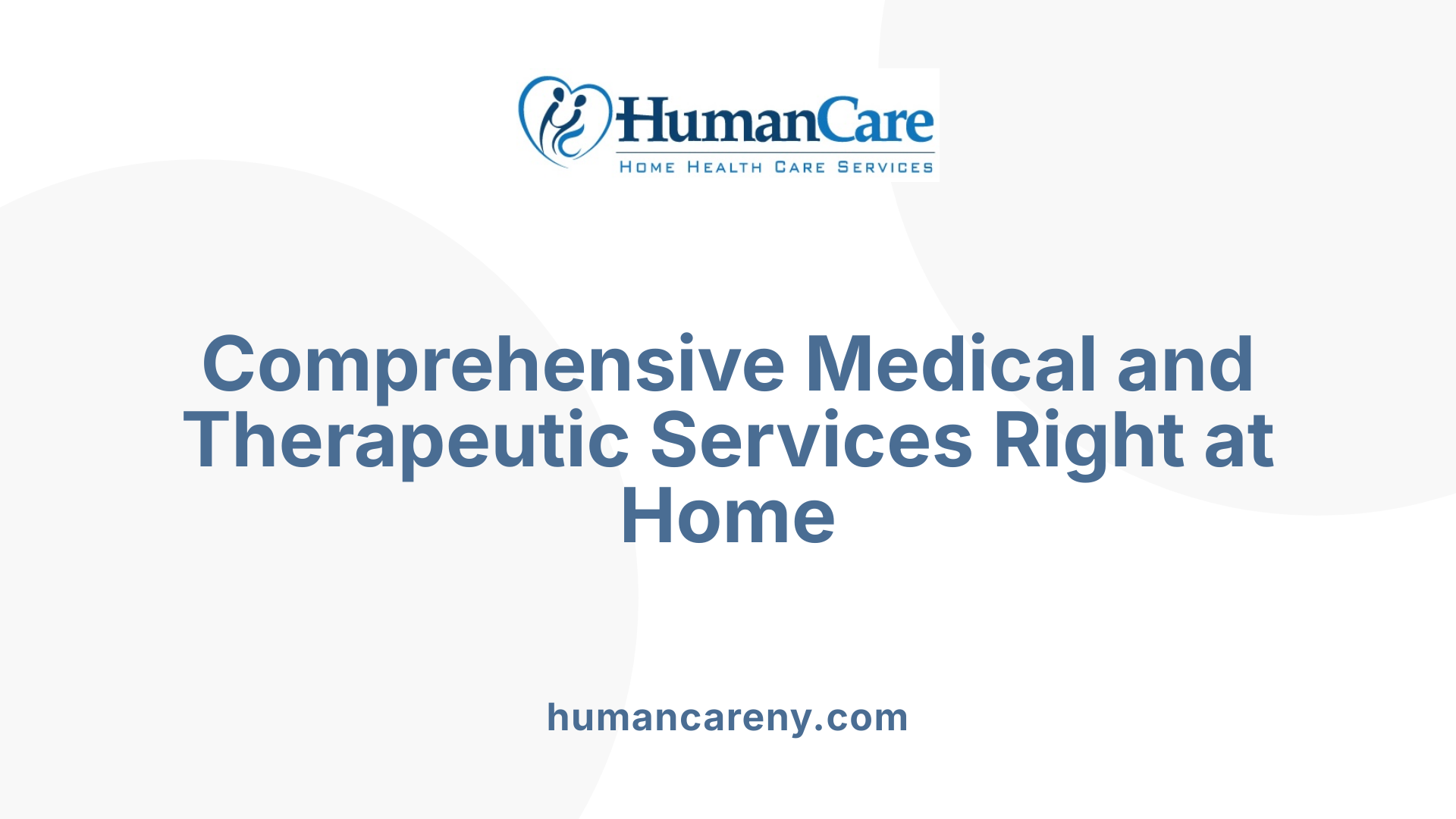
What types of services are offered through pediatric home care programs?
Pediatric home care programs provide a broad spectrum of medical and therapeutic services designed to meet the unique needs of children with disabilities and complex health conditions. These services are personalized to ensure each child receives appropriate care within the comfort and familiarity of their home.
Key services include skilled nursing care, which manages medications and medical equipment like ventilators or tracheostomy supplies. This ensures the child's ongoing treatment is safe and effective.
Therapies play a significant role in pediatric home care, with speech therapy, occupational therapy, and physical therapy integrated into daily routines. These therapies promote development, improve motor skills, and facilitate emotional and social growth.
In addition to medical treatments and therapies, assistance with daily routines and activities—such as bathing, dressing, toileting, eating, and playing—is provided to help children maintain independence and comfort.
Family support services, including caregiver training, respite care, and help accessing community resources, are also crucial components, empowering families and reducing stress.
These programs focus on promoting the child's participation in home, school, and community environments while supporting family well-being. The goal is to enable children with complex needs to thrive in familiar settings, improving their quality of life and fostering emotional stability.
| Service Type | Description | Additional Support |
|---|---|---|
| Medical Nursing | Management of medications, medical devices, and chronic conditions | Ensures treatment safety and equipment functionality |
| Speech Therapy | Enhances communication skills and social interaction | Supports language development and emotional health |
| Physical Therapy | Improves mobility, strength, and physical functioning | Promotes independence and injury prevention |
| Occupational Therapy | Improves fine motor skills and daily living activities | Fosters self-care and autonomy |
| Daily Activity Assistance | Help with hygiene, dressing, meals, and routines | Ensures comfort and consistent care |
| Respite and Family Support | Temporary caregiver relief and resource access | Strengthens family capacity and reduces caregiver stress |
Access to these specialized services helps maintain the child's health, development, and social participation in familiar surroundings, making pediatric home care a vital component of comprehensive pediatric health management.
The Benefits of Home Care for Children's Comfort, Stability, and Safety
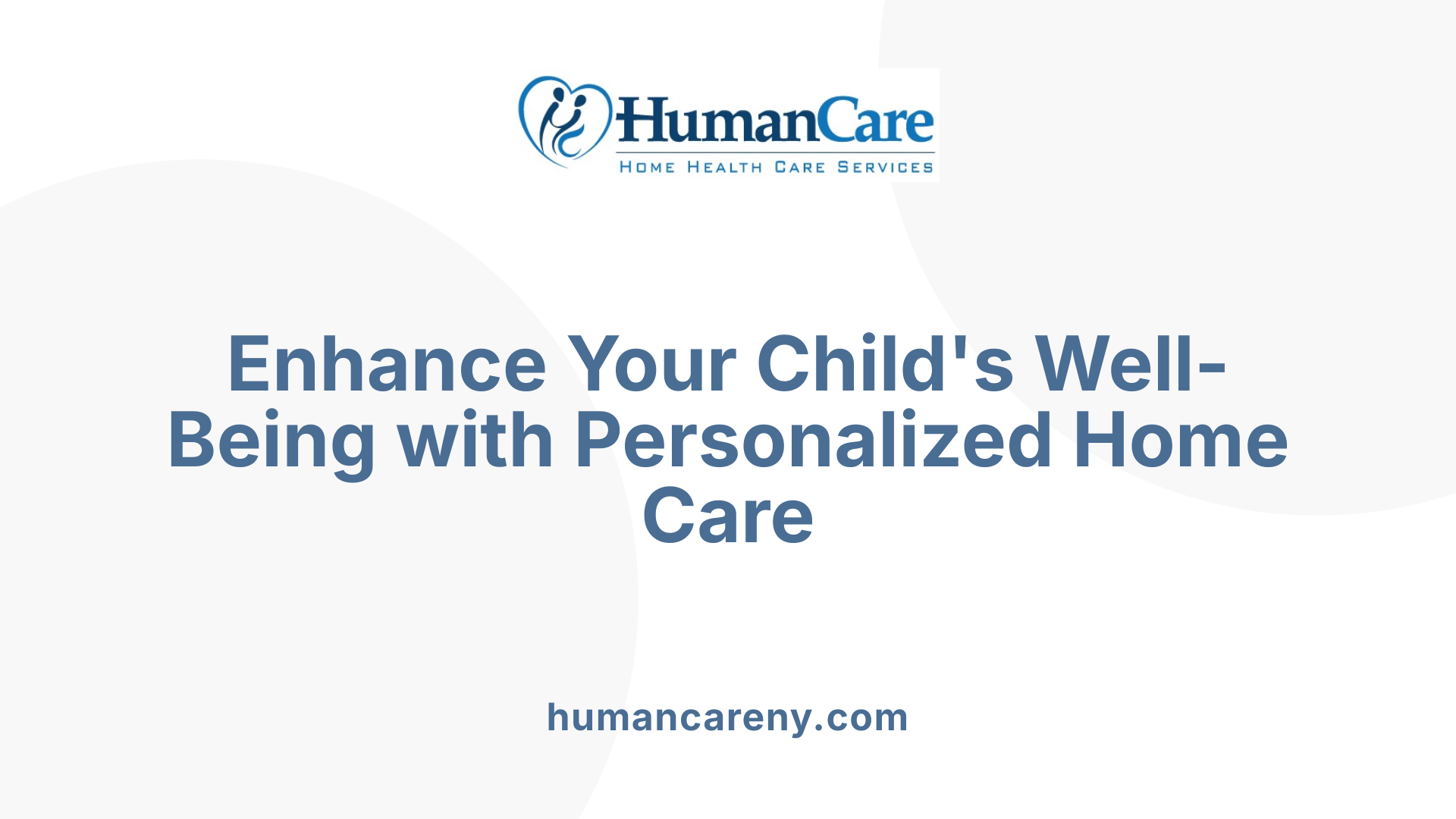
What are the benefits of pediatric home care for children with special needs?
Pediatric home care provides vital, personalized services that meet the medical, emotional, and developmental needs of children with special needs. By offering tailored interventions within a familiar environment, it greatly enhances a child's comfort and emotional stability.
The home setting reduces stress and anxiety, helping children feel safe and more willing to participate in therapy and daily routines. This familiar environment is especially beneficial for children with conditions like autism spectrum disorder or developmental delays, as it minimizes sensory overload and confusion.
Medical services such as physical, occupational, and speech therapy are integrated into daily life at home, encouraging consistent progress. Family involvement is a cornerstone of home care, empowering parents and caregivers with the knowledge and skills needed to support their child's growth.
Moreover, receiving care at home can decrease hospital visits and emergency room trips, which reduces the emotional burden on children and families. It also lowers healthcare costs by limiting unnecessary hospitalizations.
Home modifications like ramps and safety bars further promote independence and safety, catering to mobility challenges and preventing accidents. Brightly, children benefit from fewer infections, including hospital-acquired infections, since they stay predominantly in a clean, controlled environment.
Access to trained healthcare professionals ensures high-quality care, delivering therapies and medical attention precisely tailored to each child's needs. These professionals regularly assess the home environment and adjust care routines to optimize outcomes.
In sum, pediatric home care supports children with complex health requirements by providing a safe, soothing, and effective care environment, ultimately boosting their health, independence, and happiness.
Respite Care and Its Role in Supporting Families
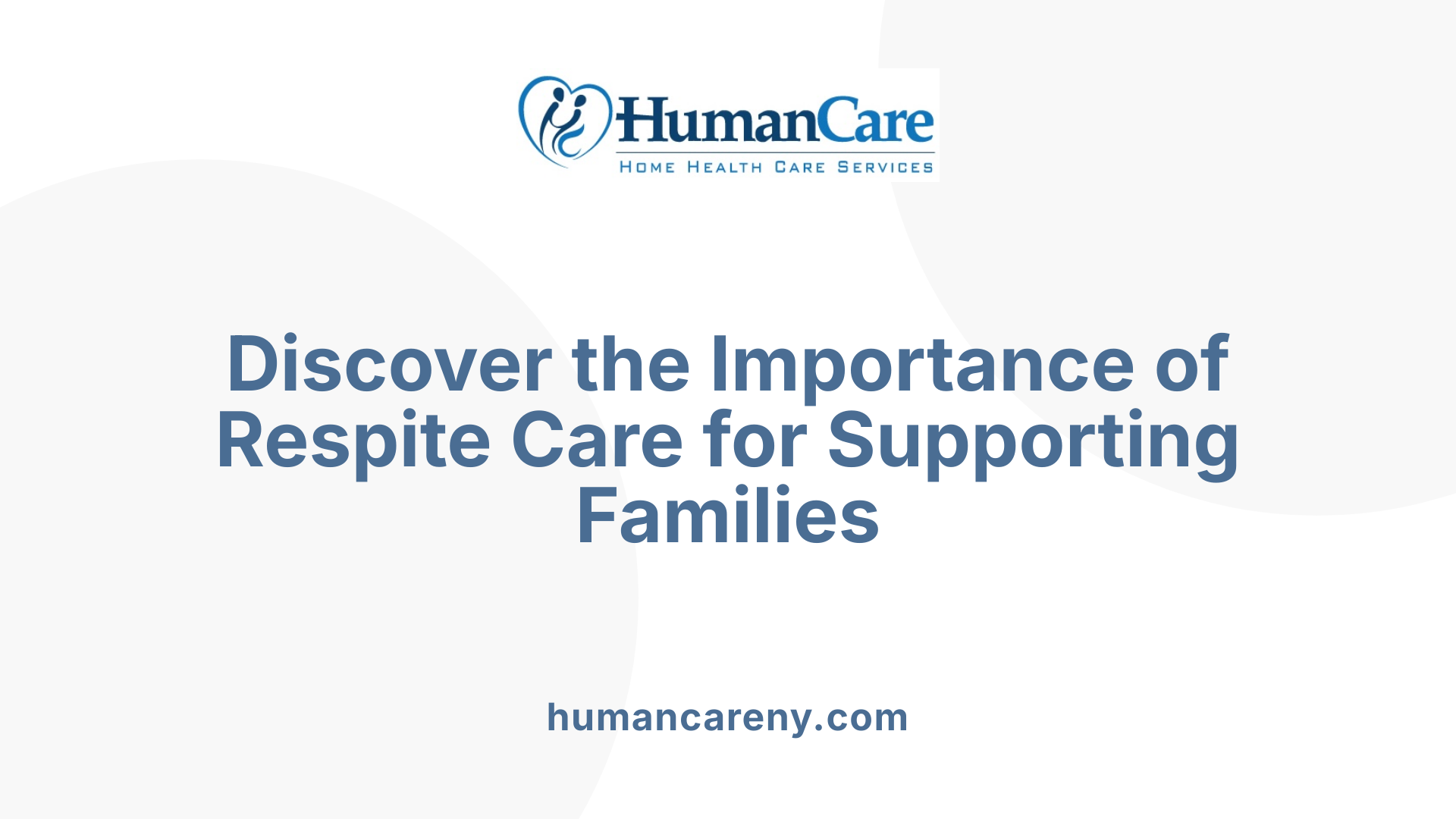
What is respite care in pediatric home settings?
Respite care in pediatric home settings provides temporary relief for families caring for children with special needs or complex medical conditions. It includes services like in-home nursing, assistance with daily activities, or supervision, ensuring that the child's safety and health are maintained.
This support allows caregivers to take a necessary break, attend to personal needs, or address other responsibilities without compromising the child's care. Respite care not only alleviates caregiver stress but also promotes family well-being, helping parents and siblings reconnect and recharge.
Offering a safe and reliable way for families to step back temporarily from their caregiving duties, respite care plays a crucial role in maintaining long-term stability and emotional health for both children and their families.
Improving family relationships and caregiver health
Respite services significantly improve familial relationships by providing family members with time to rest, relax, and reconnect. Caregivers often experience physical and emotional fatigue, which can strain relationships and impact mental health.
Taking regular breaks through respite care reduces caregiver burnout, prevents health issues, and supports better overall functioning. This helps parents regain energy and patience, fostering a more positive, nurturing environment for the child.
By offering this crucial support, respite care ensures that families can sustain their caregiving roles with less stress and greater resilience.
Opportunities for socialization and sibling support
Respite care creates avenues for children with special needs to socialize with peers in safe environments, which is vital for social development. It can include organized play, outings, or participation in community programs.
Siblings also benefit from respite services by receiving dedicated attention and opportunities to engage in their own social activities. This reduces feelings of neglect or frustration caused by constant focus on the child with special needs.
Overall, respite care strengthens family dynamics, promotes social integration for children, and supports sibling relationships, leading to a more harmonious and supportive family climate.
Conclusion: Embracing the Future of Pediatric Care
Pediatric home care stands as a transformative approach that aligns medical expertise with the comfort and familiarity of home. It addresses not only the physical health of children with special needs but also their emotional, developmental, and social well-being. By empowering families, reducing healthcare costs, and fostering collaborative care, home-based pediatric services create a supportive environment where children can thrive. As research advances and policies evolve to improve access and quality, pediatric home care promises a future where every child receives personalized, compassionate, and effective care tailored to their unique journey.
References
- At-Home Pediatric Care: Managing Children with Special Needs
- Home Health Care Research for Children With Disability and ...
- Benefits of In-Home Care for Children with Special Needs -
- Home Care for Children with Special Needs
- Discover the Benefits of KidsCare Pediatric Home Health Services
- Pediatric Home Health Care for Children with Special Needs
- Pediatric Home Health Care — What You Need to Know
- Respite Care Services for Children with Special Healthcare Needs
- The Benefits of Home Care for Special Needs Children
- The Advantages Of Home Care For A Child With Special Needs

